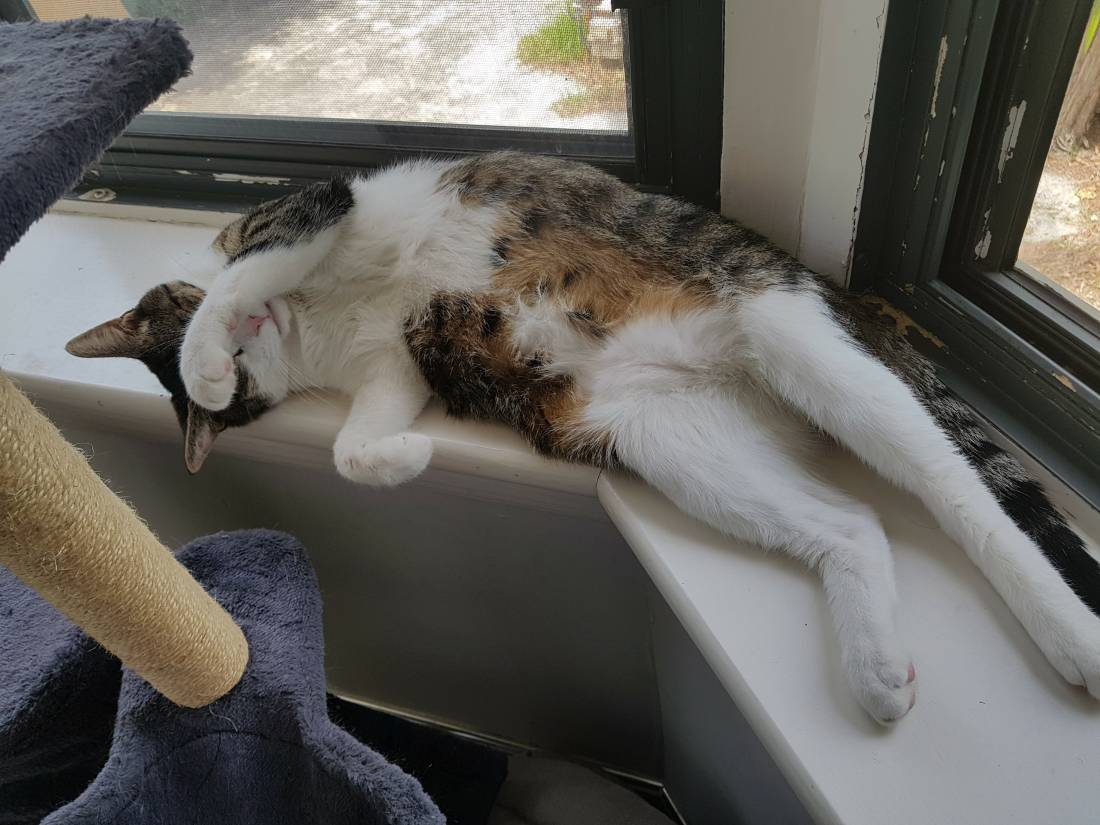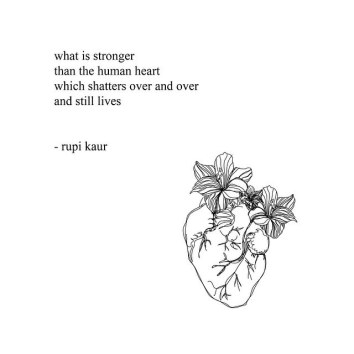An Analysis of a core tradition.
Weddings are definitely the most hectic yet exciting part of a family and it’s even better when you grow up in a joint family like mine. In the past decade, admittedly our family has become diluted across the world. But there is something about blood, no matter how much you separate a family it’ll fall back together like pieces of puzzles no matter what. After being away from my family for almost 3 years, there was a lot to get used to and it was not just living under one roof.
When you live away from your family, you forget their tempers. And you also forget about your pet peeves. Staying away from your family for 3 years and being crammed with them for 3 weeks is not the ideal situation but we did find our common grounds. When you have to organise a wedding in 2 weeks everybody starts compromising.
I’m not a massive believer in marriage. I’ve always looked at it as a social construct that people follow to continue the inheritance and the celebration as a way of connecting families as well as keeping in touch with your extended families. I’ve gone by months on months not seeing my extended family because there was no funeral or wedding or any sort of social gatherings that would bring us together. But that is one great thing about Nepalese weddings, they go on for ages and that is also the worst thing about it – it goes on for agesssss; my sister’s was five days to be exact, that our family was involved, she probably had a few more days in as the bride.

This is a part of the main wedding ceremonies. Photo credit : Namlo events
One of the reasons I’m writing this blog is because I attended a total of 3 wedding during my time in Nepal. I got severely drunk at two of them and I was an insider responsible for organising a lot of things in one of them, you could call me the “Maid of Honour” of this wedding. This series has a look into the core of these wedding and how all these shenanigans become a part of a culture that has been carried on for years and still has the importance it once held and the meaning behind these traditions.


